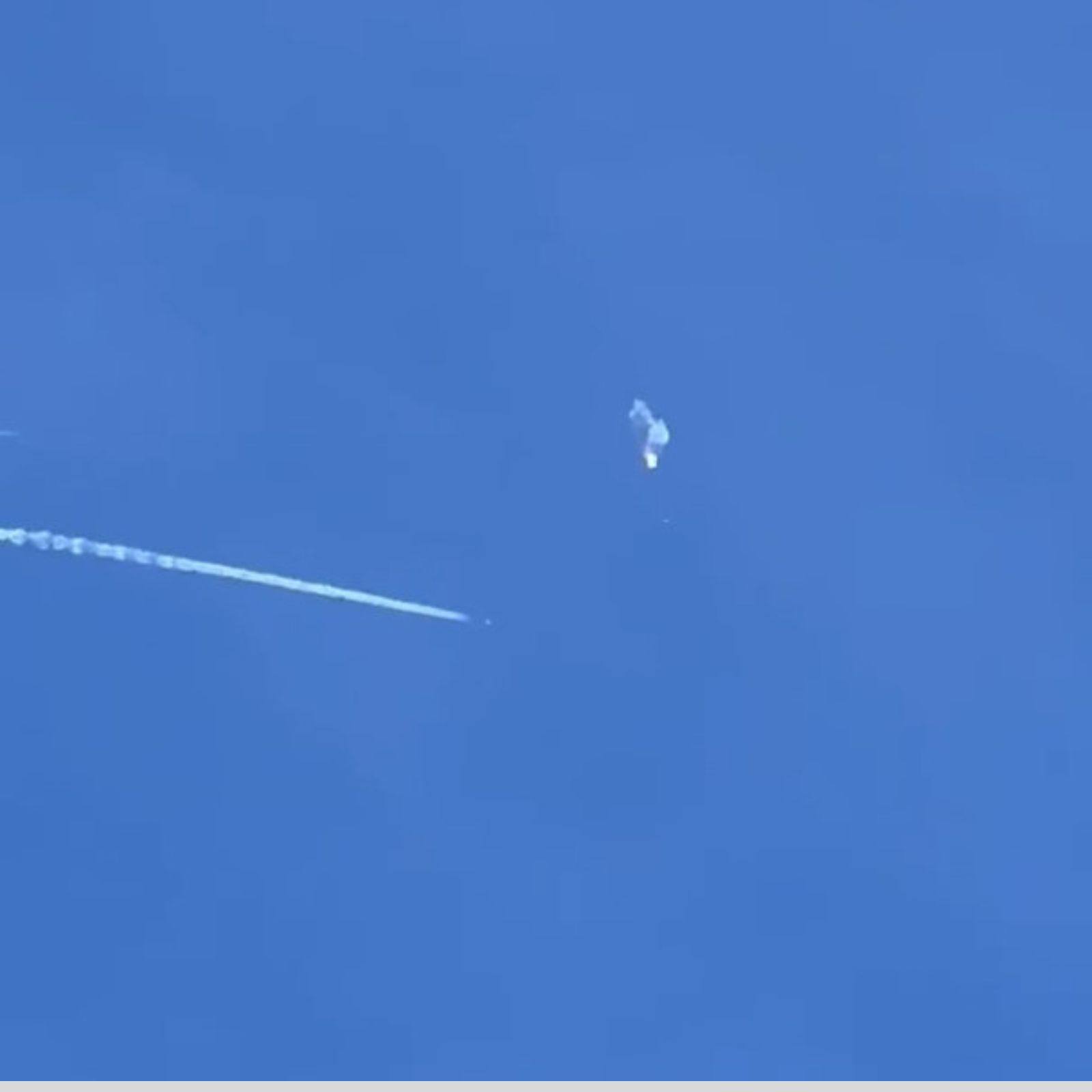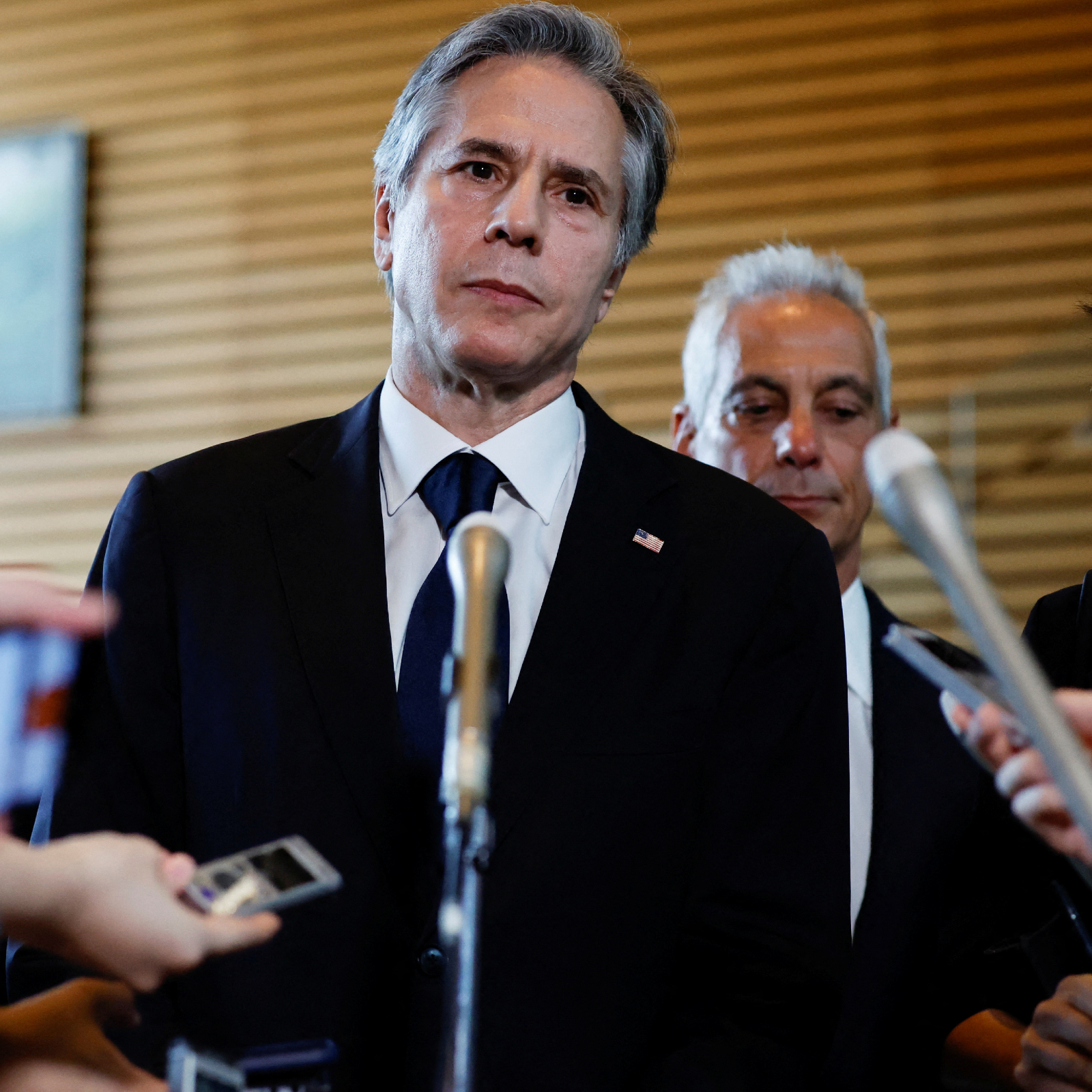Spy Balloon an Action by Leadership Opposed to China-US Friendship? What Experts Say | Explained
The US military on Saturday shot down a suspected Chinese spy balloon off the Carolina coast after it traversed sensitive military sites across North America. China insisted the flyover was an accident involving a civilian aircraft and threatened repercussions.
President Joe Biden issued the order but had wanted the balloon downed even earlier, on Wednesday. He was advised that the best time for the operation would be when it was over water, US officials said. Military officials determined that bringing it down over land from an altitude of 60,000 feet would pose an undue risk to people on the ground.
The balloon’s appearance this week in the sky over the United States dealt a serious blow to already tense and deteriorating U.S.-Chinese ties that have been going downhill for years. It led Secretary of State Antony Blinken to unexpectedly postpone a crucial trip to Beijing intended to defuse tensions.
Cancelled Trip
Blinken’s unusual trip to Beijing was to defuse the situation while also seeking an answer to the question of whether Beijing’s new, ostensibly more accommodative tone was genuine, said a report by AFP.
But Blinken cancelled the trip after the Pentagon found what it claimed to be a Chinese surveillance balloon in US airspace, and analysts claim that his query was unceremoniously answered.
As part of a long-standing US attempt to maintain communication with the burgeoning Asian power, Blinken stated that he still wished to visit at a later time.
However, the decision to postpone the trip demonstrates both the intensity of US anxiety and the political environment in Washington, where Republican challengers of President Joe Biden are keen to find ways to portray him as weak on China.
A balloon flying above US airspace, senior fellow at the Center for a New American Security Jacob Stokes told AFP, is a more immediate worry for Americans than the countless other conflicts with China, ranging from chip exports to human rights.
Stokes claimed that the US administration had already shown scepticism of Chinese efforts, beginning with President Xi Jinping’s cordial encounter with Biden in November at the G20 summit in Bali.
The question today is, he said: “Is it really the end of what was always going to be a relatively nascent process,” or does the balloon mishap simply signal “the postponing of the process” saw in Bali?
A Dying Window
February was seen to be the best month for Blinken as the window for progress between the United States and China had always appeared to be small, the report said.
Elections will take place in Taiwan, the self-governing democracy Beijing claims, as well as the United States in the next year.
The incoming Republican speaker of the House of Representatives, Kevin McCarthy, is anticipated to travel to Taiwan sooner rather than later, following in the footsteps of his Democratic predecessor Nancy Pelosi, whose trip provoked Beijing to conduct significant war drills.
Beijing released an unprecedented expression of remorse for the airspace mishap, but insisting that it was a civilian meteorological equipment that went awry, in indicators closely scrutinised by observers of China policy.
Some have suggested that the balloon was launched as sabotage by someone opposed to improved US-China relations, Yun Sun, head of the China programme at the Stimson Center told AFP.
Xi himself was anticipated to meet Blinken, therefore she rejected the notion.
They truly want to engage with the Americans to restore relations, she added, especially considering that the Chinese focus is economic recovery. “I think that’s why Blinken’s visit had been ascribed a high amount of importance in China,” she said.
The following query is, “How does this speak to Chinese decision-making, though?”
According to her, lower-level officials may have believed they could take action without the US’s knowledge or consequences.
The incident could signal a risky escalation, Matthew Kroenig, a former defence official who is now at the Atlantic Council told AFP. He said that China may now be showing renewed interest in US nuclear weapons, many of which are kept in silos in remote western regions of the country.
According to him, China is unlikely to take such a risk if there are no advantages, in contrast to Pentagon judgements that intelligence has little value.
In reality, he claimed, it enabled Beijing to more accurately map US intercontinental ballistic missile silos for potential future targets and to predict the US response.
According to Kroenig, the endeavour might be a sign that China is changing its strategy to focus on attacking US nuclear facilities in the event of war.
It demonstrates Beijing’s blatant conviction that the Chinese Communist Party can violate US airspace without suffering any repercussions.
With AFP inputs
Read all the Latest Explainers here
For all the latest world News Click Here




